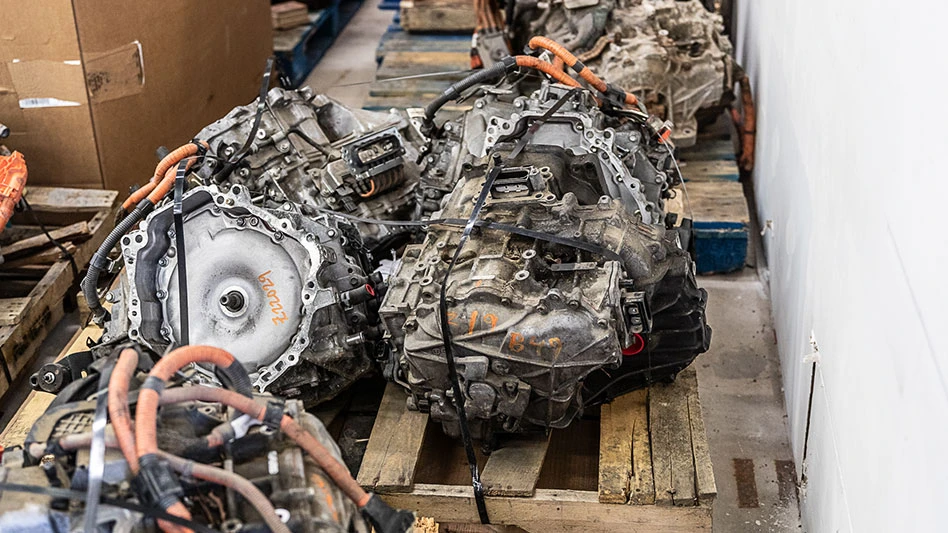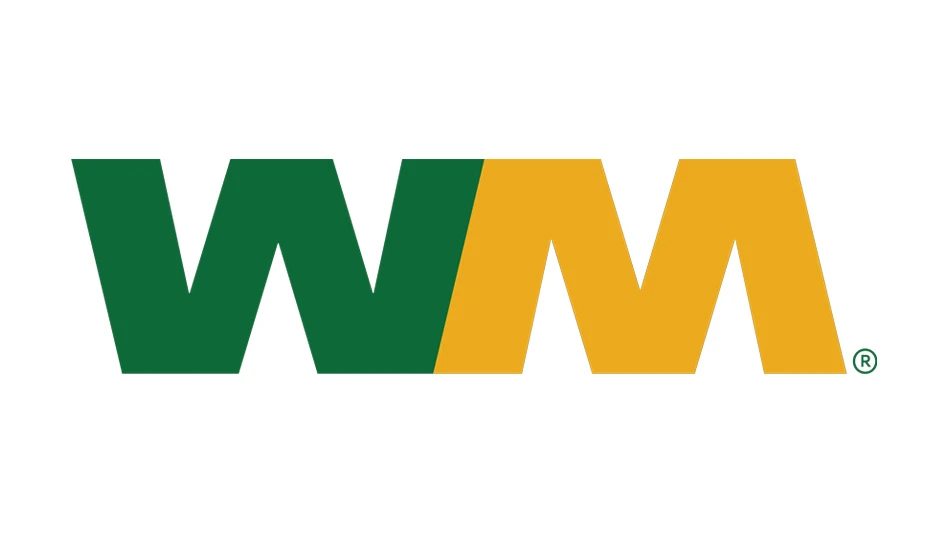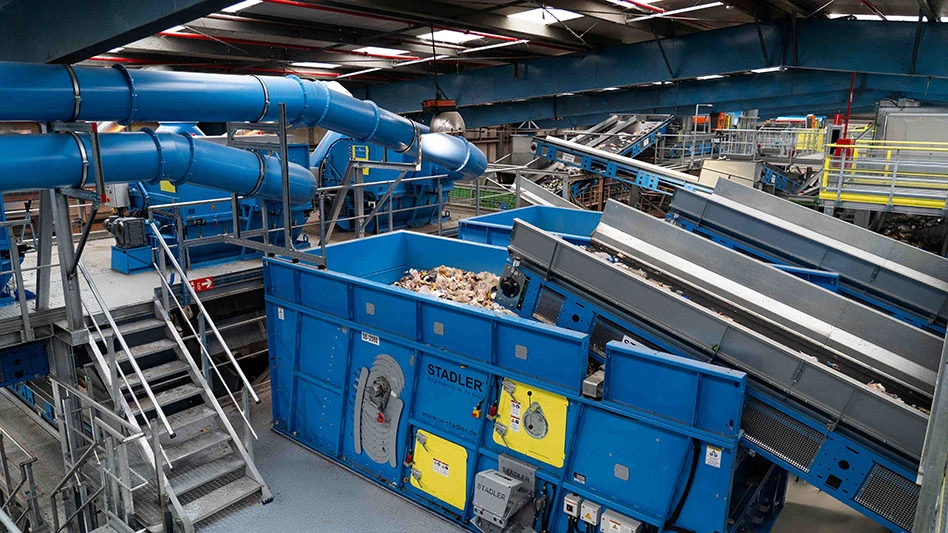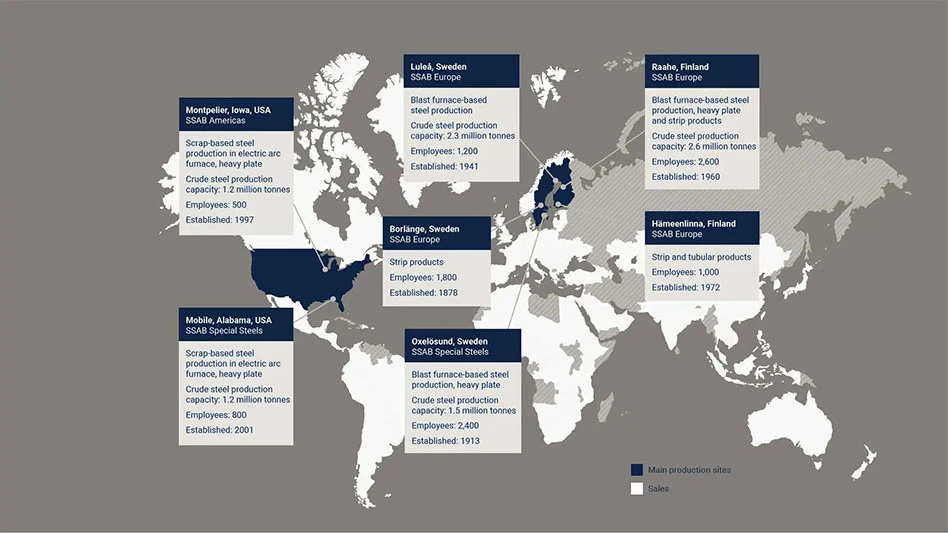
Graphic courtesy of Plasticsheetsshop
A survey of household consumers in the United Kingdom conducted by online retailer Plasticsheetsshop found more than 85 percent of respondents understood the meaning of 6 of the 7 recycling symbols placed onto packaging.
The results indicate that the one symbol largely not recognized by survey respondents was one signaling the brand owner had made a contribution to packaging recovery or extended producer responsibility (EPR) organization.
A symbol designating aluminum beverage cans as recyclable was understood by 95 percent of respondents, while a similar one for glass bottles and jars met with a lower 86 percent level of recognition.
The traditional Mobius strip “chasing arrows” recycling symbol was properly identified by 94 percent of respondents, while a full 98 percent understood the symbol requesting users to discard a type of packaging into a trash bin.
Plasticsheetshop found that 96 percent of survey respondents recognized the “do not place this into the trash” symbol while another 90 percent understood a symbol used to denote that a type of packaging complies with European health, safety and environmental standards.
The laggard among symbols—recognized by just 12 percent of respondents—was the one denoting that the company offering the packaged product had paid a fee to a national packaging recovery program.
The Plasticsheetshop survey also included follow-up questions asking about packaging recycling practices.
“When uncertain about which bin to use for a particular piece of packaging, 58 percent rely on their intuition,” the online retailer says.
Plasticsheetsshop indicates 17 percent of respondents said they consult available separation guidelines, whereas 21 percent dispose of such packaging in the general waste bin without further consideration.
When looking at differences among age groups, people under 25 years old indicated they were the most sure to know the meaning of all symbols, while a smaller percentage of people 65 or older said they understood all seven symbols.
Women replied that clarity for symbols was important to more than 75 percent of them, while fewer than 63 percent of men attached importance to the topic.
“A substantial 69 percent of those surveyed believe that clearer information would make [recyclables] separation significantly easier," according to Plasticsheetsshop.
The survey’s sponsoring retailer operates a website that offers plastic sheeting made of different polymers, including: polyvinyl chloride, poly(methyl methacrylate), also known as PMMA and Plexiglas, polycarbonate and high-pressure laminate plastic.
Latest from Recycling Today
- ArcelorMittal legal battle with Italy continues
- Altor program boosts EPS recycling
- IP to spin off non-North American operations
- Flexible Film Recycling Alliance report outlines progress
- RERF opens Avagliano award nominations
- Eriez expands European sales network
- Gränges increases sales volume in 2025
- Aduro selects Netherlands as site for industrial scale-up facility





